Top 5 Indian Authors Who Changed the Face of Indian Literature
Here's a list of the Top 5 Indian Authors who significantly impacted the evolution of literature in Indiaon Nov 09, 2022
_(2).jpg)
India boasts a dignified literary heritage dating back more than 3,000 years. Despite having a relatively recent history, Indian English literature is correspondingly full of highly regarded and award-winning literary works that no bibliophile should miss.
To help you get started, we've compiled a list of the Top 5 Indian Authors who significantly impacted the evolution of literature in India.
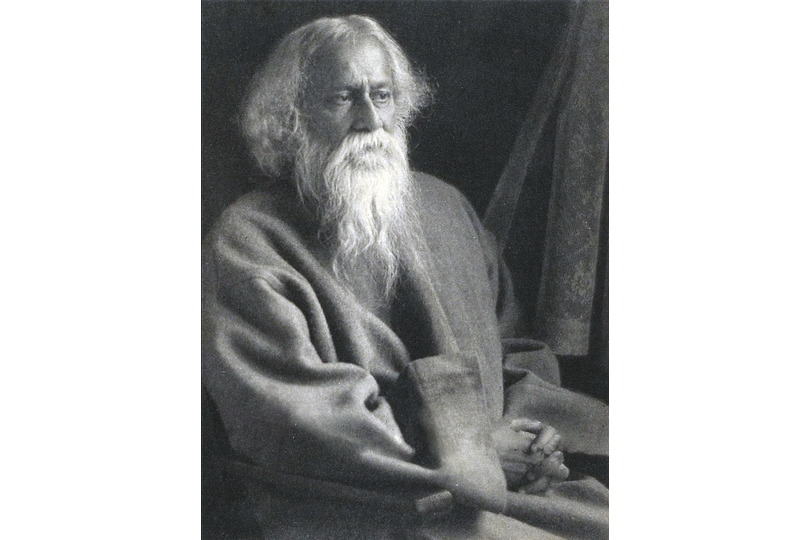
Rabindranath Tagore
The highly prolific Indian Author, Poet, Philosopher, and Educator Rabindranath Tagore penned a myriad of compendiums, essays, plays, and poems that helped shape the literature of India.
In his poetry book 'Manasi-(1890)', philosophical and allegorical drama 'Chitra-(1895)' and the poem collection Sonar Tari, Tagore was the first to employ Bengali instead of archaic literary dialect for poems (1895).
English translation of his literary work Gitanjali, a free verse reconstruction of his Bengal poems modeled on medieval Indian religious songs, won him the Nobel Prize for Literature in 1913.
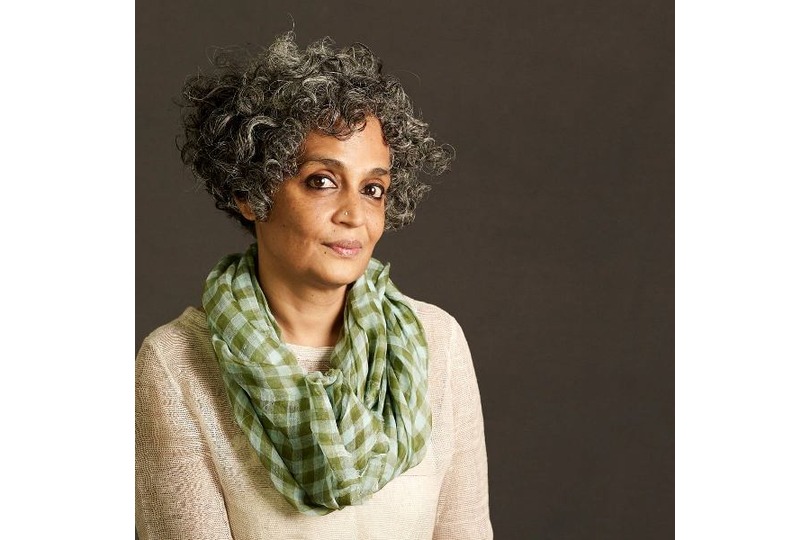
Suzanna Arundhati Roy
Arundhati Roy is a globally acclaimed Indian author. She won the Booker Prize for her debut novel "The God of Small Things" in 1997.
In the early stages of her writing career, Arundhati worked in cinema and television. She authored the script for "In Which Annie Gives It Those Ones" in 1989, a film in which she also had a performing role and later received National Film Award for Best Screenplay.
Besides being a popular author, she is also known for advocating non-violence and social campaigns. In May 2004, Roy was also awarded Sydney Peace Prize.
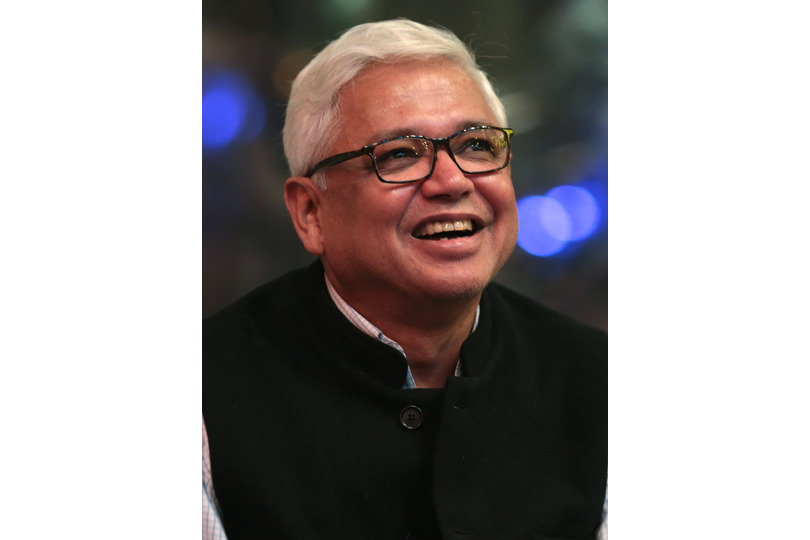
Amitav Ghosh
Amitav Ghosh is best known for his complex narrative strategies, which he used to explore national and personal identity. Ghosh's range of literary works includes historical fiction and non-fiction works and covered colonialism and climate change.
He won the 54th Jnanpith Award in 2018, 'India's highest literary honor.' "The Circle of Reason," "The Shadow Lines," "The Glass Palace," "In an Antique Land," and "The Great Derangement: Climate Change and the Unthinkable" are some of his notable literary works.
Foreign Policy magazine also named him one of the most important global thinkers of the preceding decade in 2019.
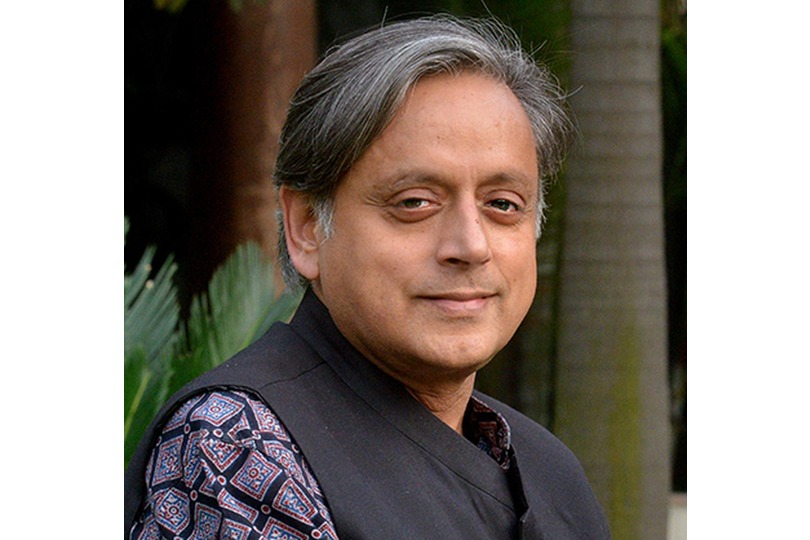
Shashi Tharoor
Shashi Tharoor is a Sahitya Academy Awardee and has served India as a civil servant, bureaucrat, politician, and writer. He has composed many literary works of fiction and non-fiction. The main themes of his literary works are history, culture, film, politics, society, foreign policy, etc.
Tharoor has written articles and columns for nearly all domestic and international publishing houses.
World War II adventure novels, "The Great Indian Novel," and "The Elephant, the Tiger, and the Cell Phone" are some of his notable literary works. US President Bill Clinton quoted Shashi Tharoor's book India From Midnight to the Millennium in his speech to the Indian parliament in 2000.
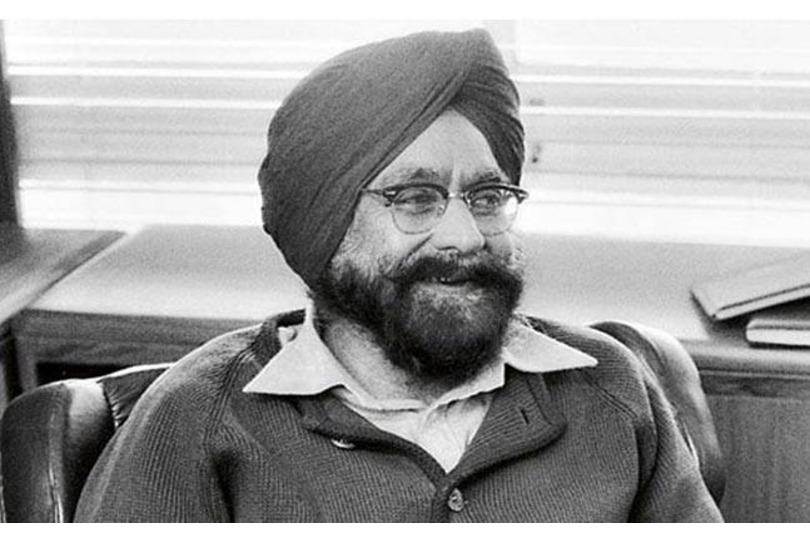
Khushwant Singh
Khushwant Singh was an Indian author, lawyer, diplomat, journalist, and politician. He witnessed the partition of India, and this incident inspired him to write "Train to Pakistan." It is one of the most popular literary works that won him huge acclamation.
Trenchant secularism, humor, and sarcasm are central elements of his writing style. He wrote many books and short stories during his writing career. "The Portrait of A Lady" is one of his most famous short stories. "I Shall Not Hear the Nightingale," "The Sikhs Today," "The Fall of the Kingdom of Punjab," etc., are some of his other prevalent literary works.
The list, as mentioned above, will provide a broad perspective to explore the pioneers who have upended the Indian Literature roots with their stupendous writing craft. Not only have Indians been influenced by their talent, but they’ve also established a distinctive presence worldwide.
In conclusion, Literature will always prevail and stay with us till eternity as it is the integrity of human civilization.

.jpg)







.jpg)
.jpeg)
.jpg)
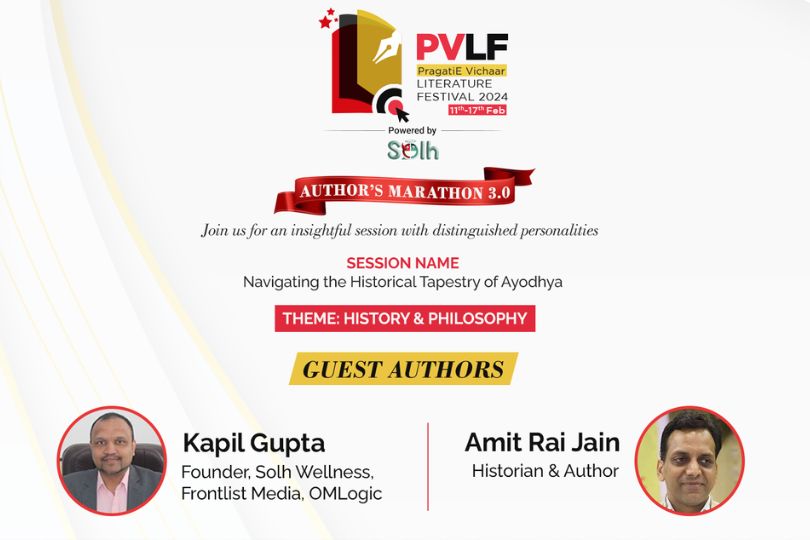
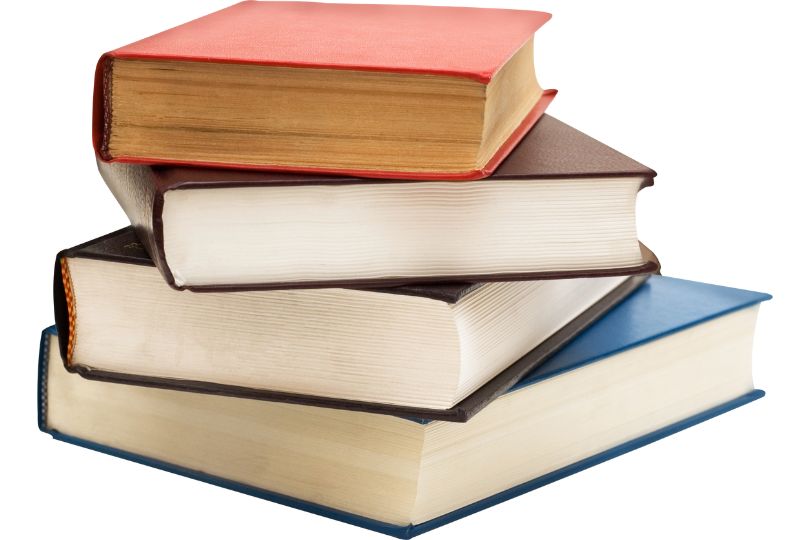
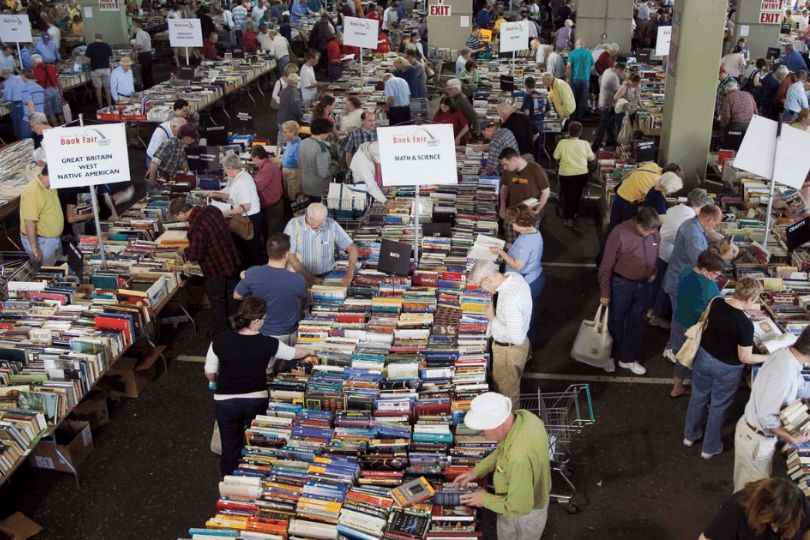
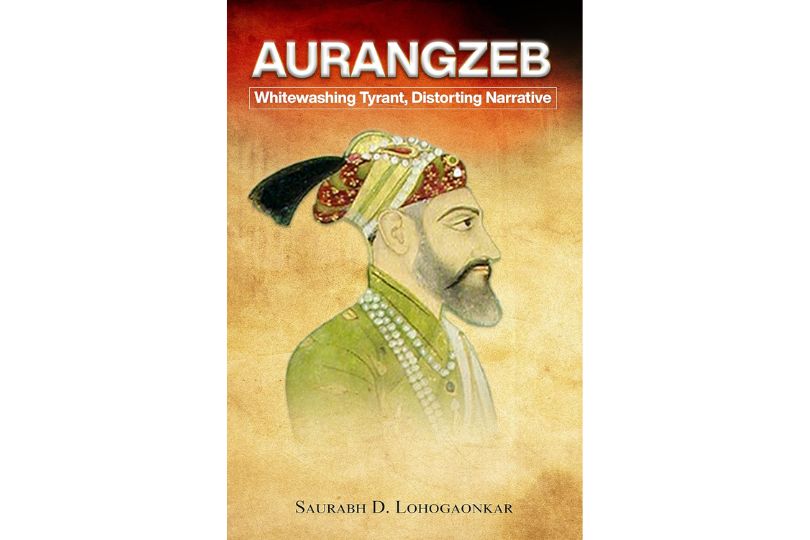
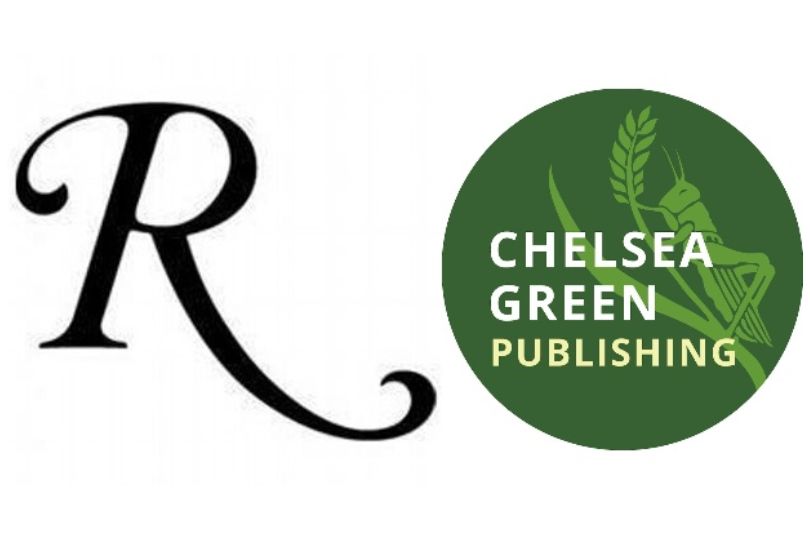

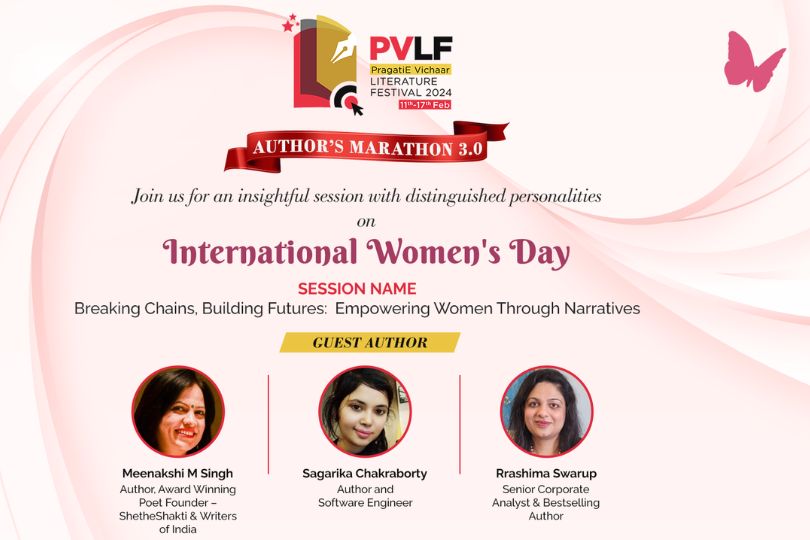
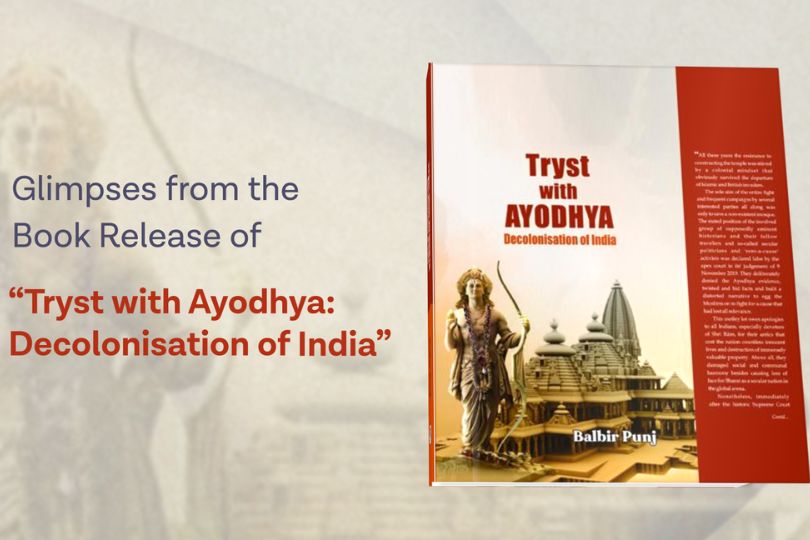


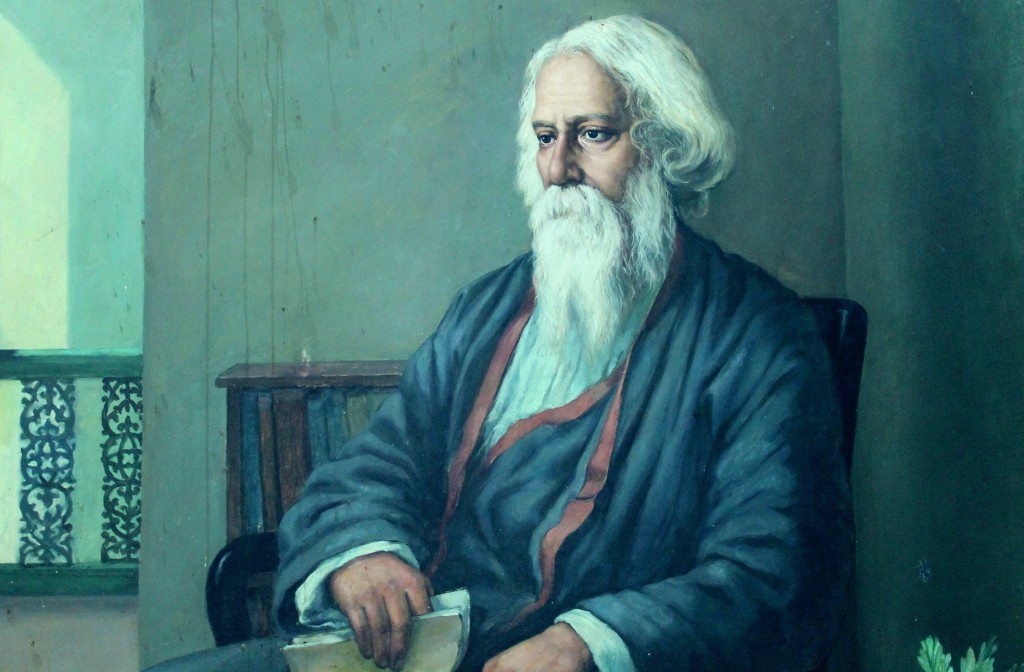
.jpg)

.jpg)
Sorry! No comment found for this post.